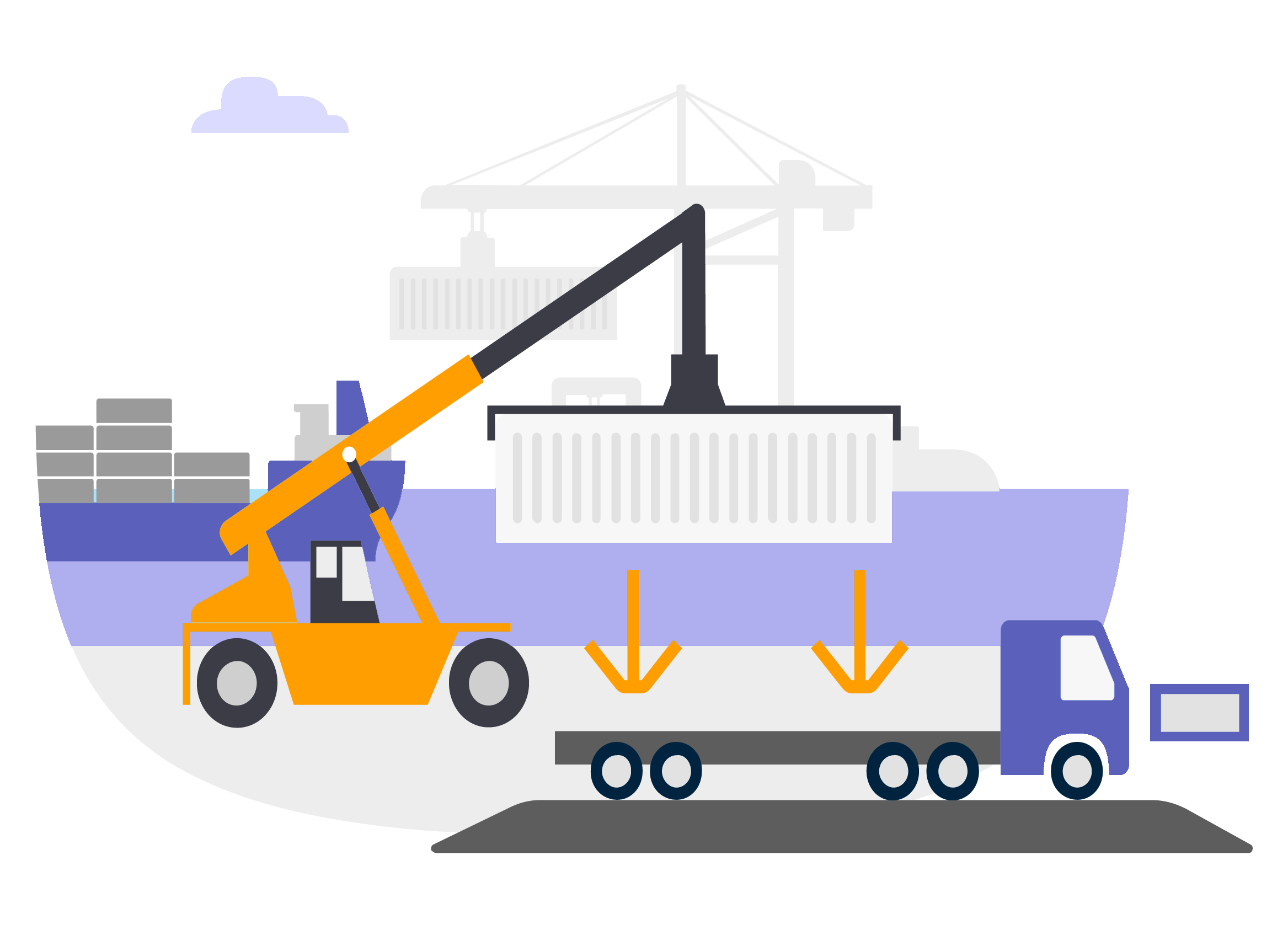
Effective July 1, 2016, the SOLAS (Safety of Life at Sea) amendment mandates that a packed container cannot be loaded onto a vessel unless the shipper provides its Verified Gross Mass (VGM) to the ocean carrier and/or port terminal representatives before the load list cut-off date.
This regulation, introduced by the IMO (International Maritime Organization), aims to improve maritime safety and reduce risks to cargo, containers, and all parties involved in container transport throughout the supply chain.
The Verified Gross Mass (VGM) refers to the total weight of the cargo, including dunnage and bracing, combined with the tare weight of the container. Under SOLAS regulations, the shipper must submit the VGM in a “shipping document,” either within the shipping instructions or as a separate communication, before the container is loaded onto the vessel.

Before containers carrying cargo can be loaded onto a vessel, the shipper is required to verify their gross mass using one of two approved weighing methods.
Weighing the fully packed container Requires weighing the container after it has been fully packed.
Cumulative weight determinationThis method requires calculating the total weight adding the individual weights of all items, packing materials, and the container’s tare weight.
Eliminate the stress of VGM compliance with our seamless submission solution. Our automated data submission guarantees timely compliance with port and regulatory requirements.
Access our VGM services easily through our platform, ensuring smooth cargo movement from origin to destination. Our growing network of service locations helps you stay compliant, wherever you ship.
Let us lighten your workload with our expertise in logistics and meticulous attention to detail.

Minimize stopovers by eliminating the need for third-party vendors.

Eliminate manual weight data transmission.

Shipment weight details are uploaded instantly.

Avoid penalties and delays caused by inaccurate weighing.